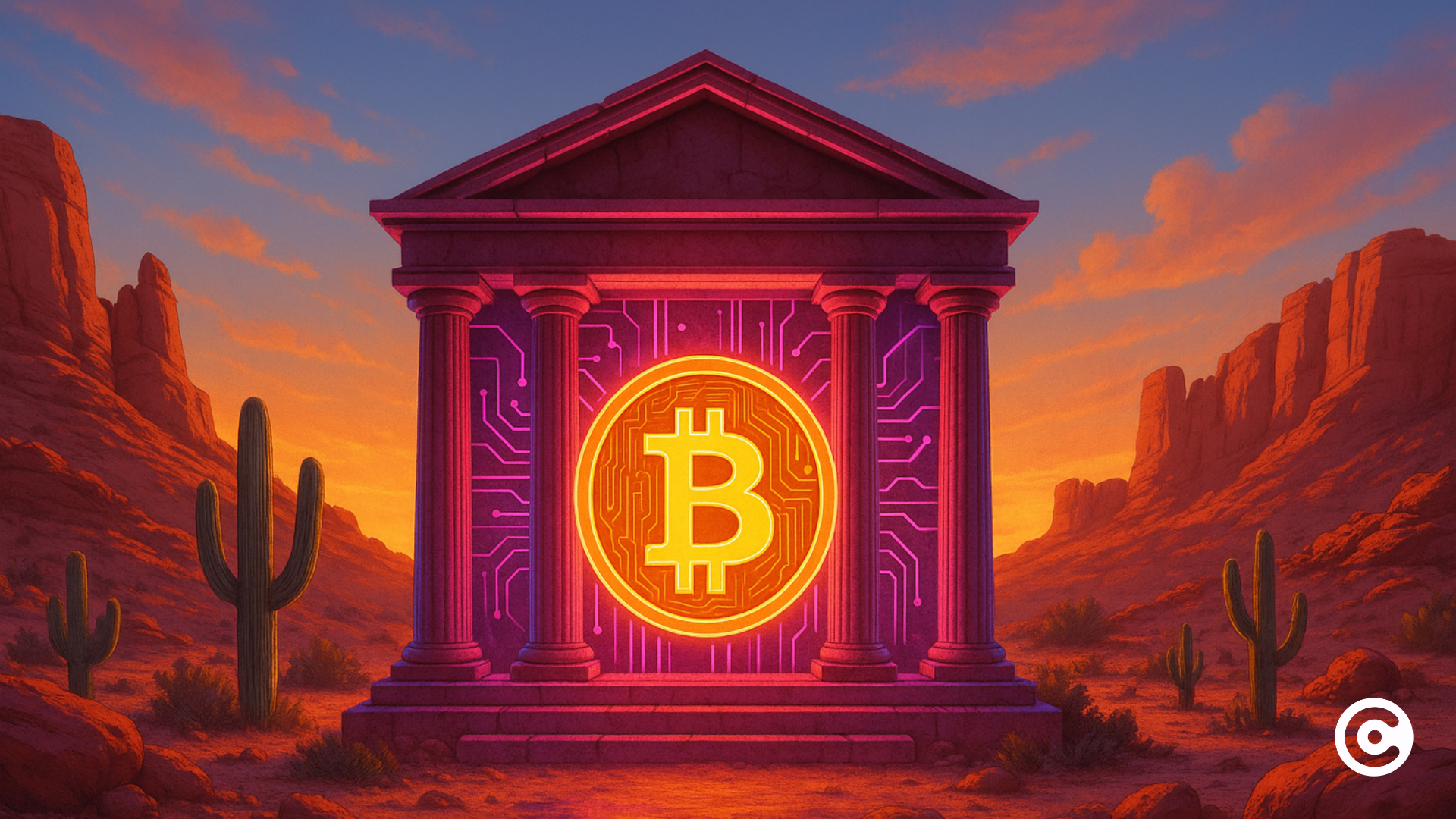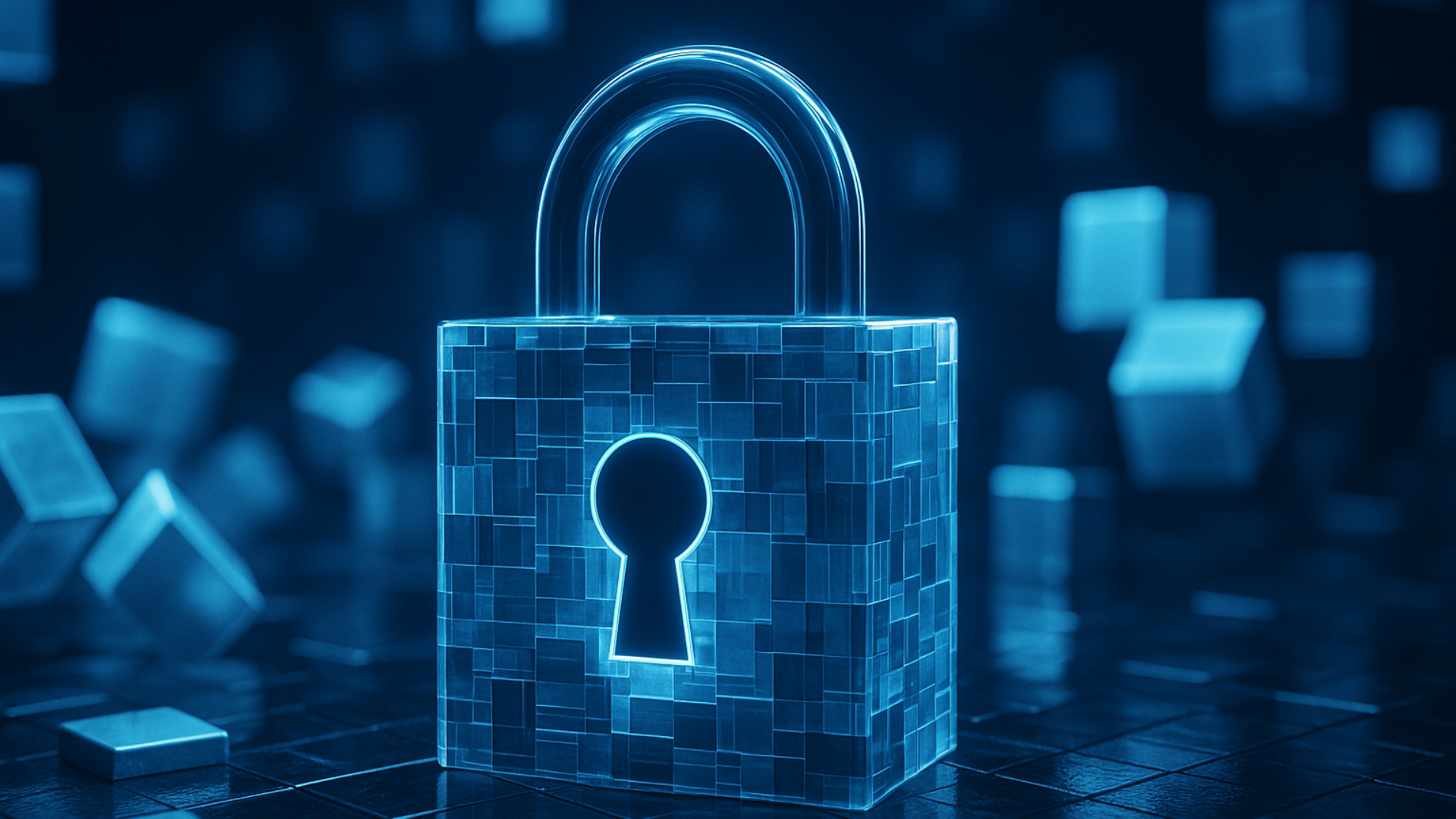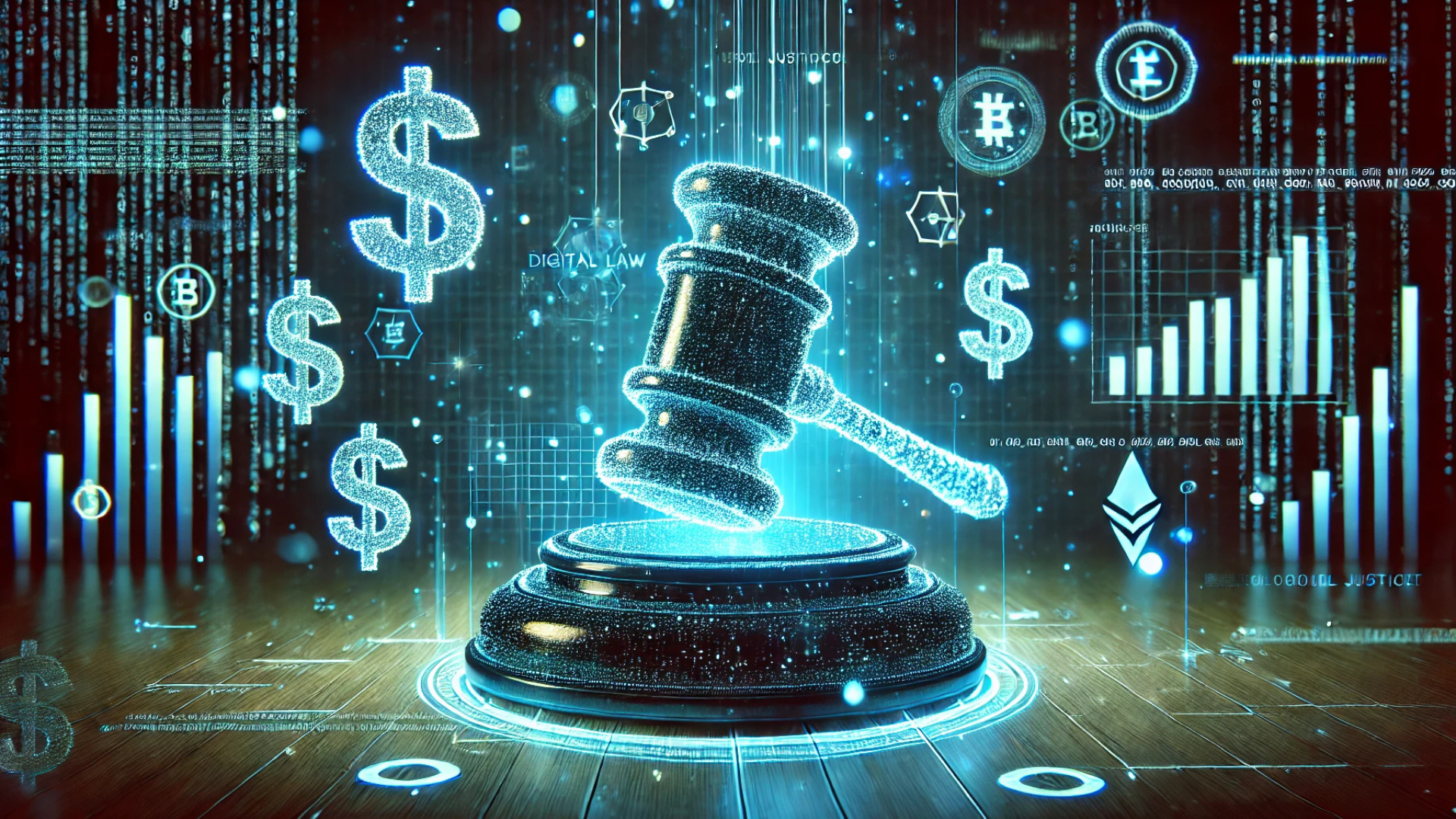
In a groundbreaking move for digital asset legislation, Arizona has passed HB2324, a bill that creates a state-managed Bitcoin reserve funded by digital assets seized through criminal forfeiture. This law signals a major shift in how cryptocurrencies are handled by law enforcement and opens the door for the state to hold and manage Bitcoin as part of its public assets.
A New Bitcoin Reserve Fund for Arizona
HB2324 updates Arizona’s forfeiture laws to officially include cryptocurrencies, establishing clear protocols for law enforcement to seize, store, and manage digital assets. The bill outlines the procedures for securing the assets in approved digital wallets and specifies how the funds from the seizures are distributed:
- The first $300,000 of seized assets goes to the Attorney General’s office
- The remainder is divided:
- 50% to the Attorney General
- 25% to the state’s general fund
- 25% to the newly created Bitcoin reserve fund
This bill makes Arizona the first state to formalize the process of cryptocurrency seizures through criminal forfeiture and establish a reserve fund to store those digital assets.
A Controversial Journey to Passage
HB2324 had a rocky journey before passing. Initially rejected by the Arizona House on May 7, the bill faced fierce opposition. However, following a narrow 16–14 vote in the Senate on June 19, Republican Senator Janae Shamp a former critic filed a motion to reconsider. After the reconsideration, the bill was sent back to the House and passed, allowing it to move forward for the signature of Governor Katie Hobbs.
Governor’s Previous Stance on Bitcoin Reserves
Governor Hobbs has previously vetoed attempts to establish a direct Bitcoin reserve through proposals such as SB1373 and SB1025, which aimed to allow Arizona to invest in Bitcoin and other cryptocurrencies directly. Her concerns were rooted in potential financial risks and policy implications. However, the new HB2324 is distinct in that it focuses on seizing and managing Bitcoin that was previously obtained through criminal activity, marking a shift in her stance.
If signed, HB2324 will be Arizona’s second law related to Bitcoin reserves. Earlier this year, Governor Hobbs signed HB2749, which created a fund for unclaimed digital assets, allowing the state to take control of abandoned cryptocurrencies after three years and manage them through the Department of Revenue.
A Growing Focus on Digital Assets in Arizona
This bill places Arizona at the forefront of integrating blockchain technology and digital asset management within state governance. With Arizona now adopting laws to handle both seized criminal assets and unclaimed digital assets, the state is positioning itself as a leader in digital currency governance and blockchain infrastructure.
The passing of HB2324 aligns with Arizona’s progressive stance on cryptocurrency regulation, emphasizing transparency, security, and a more robust regulatory framework for digital assets.
What’s Next for Arizona’s Bitcoin Reserve?
If Governor Katie Hobbs signs HB2324, it will officially establish a state-managed Bitcoin reserve tied to criminal forfeitures, setting a precedent for other states to follow. As more states and governments worldwide explore ways to handle digital currencies, Arizona’s innovative approach could provide a blueprint for integrating cryptocurrency into public asset management systems.


























































































































































































































































































































































































































































































































































































































































































































































































































































































































































































































































































































































































































































































































































































